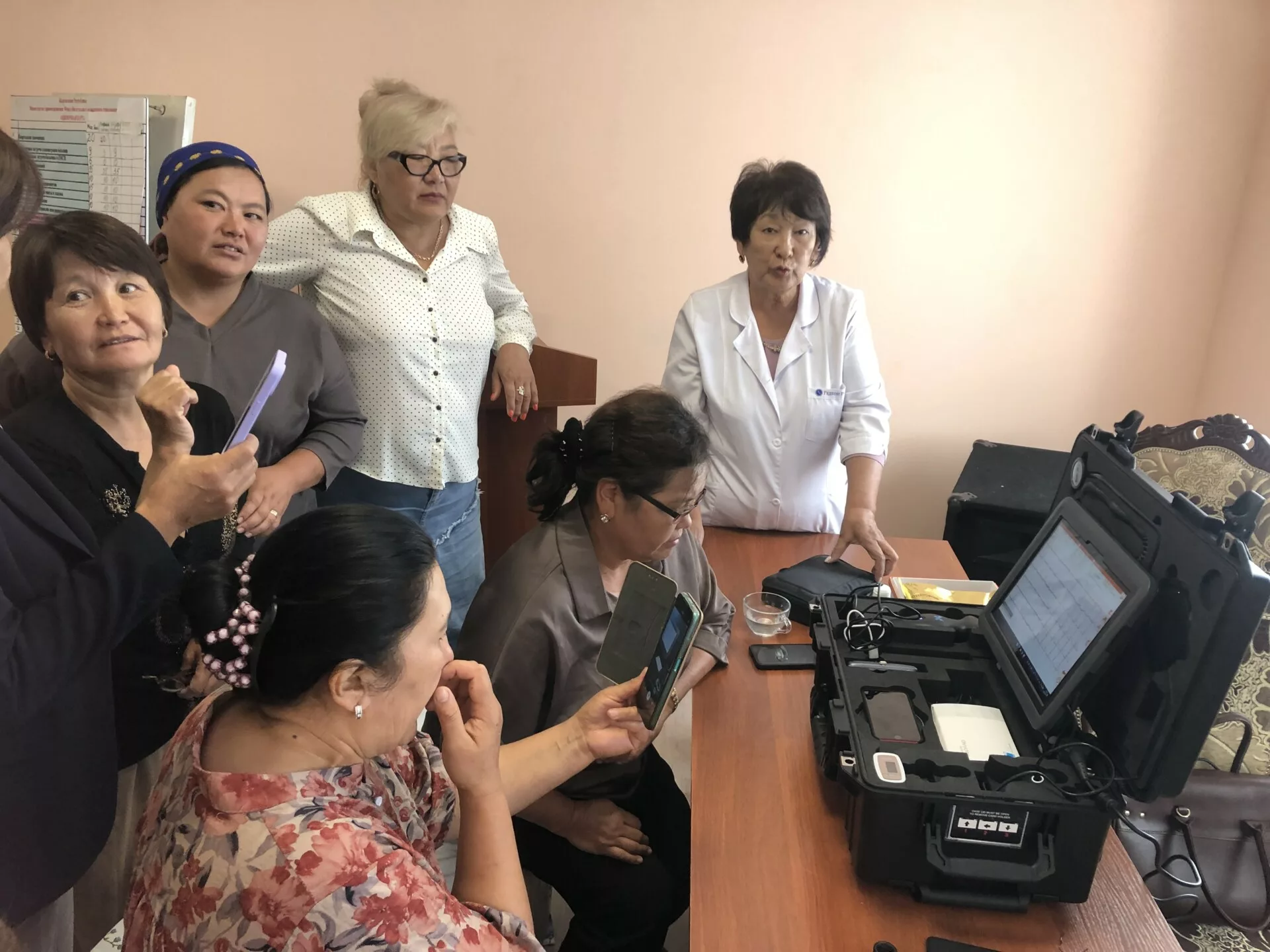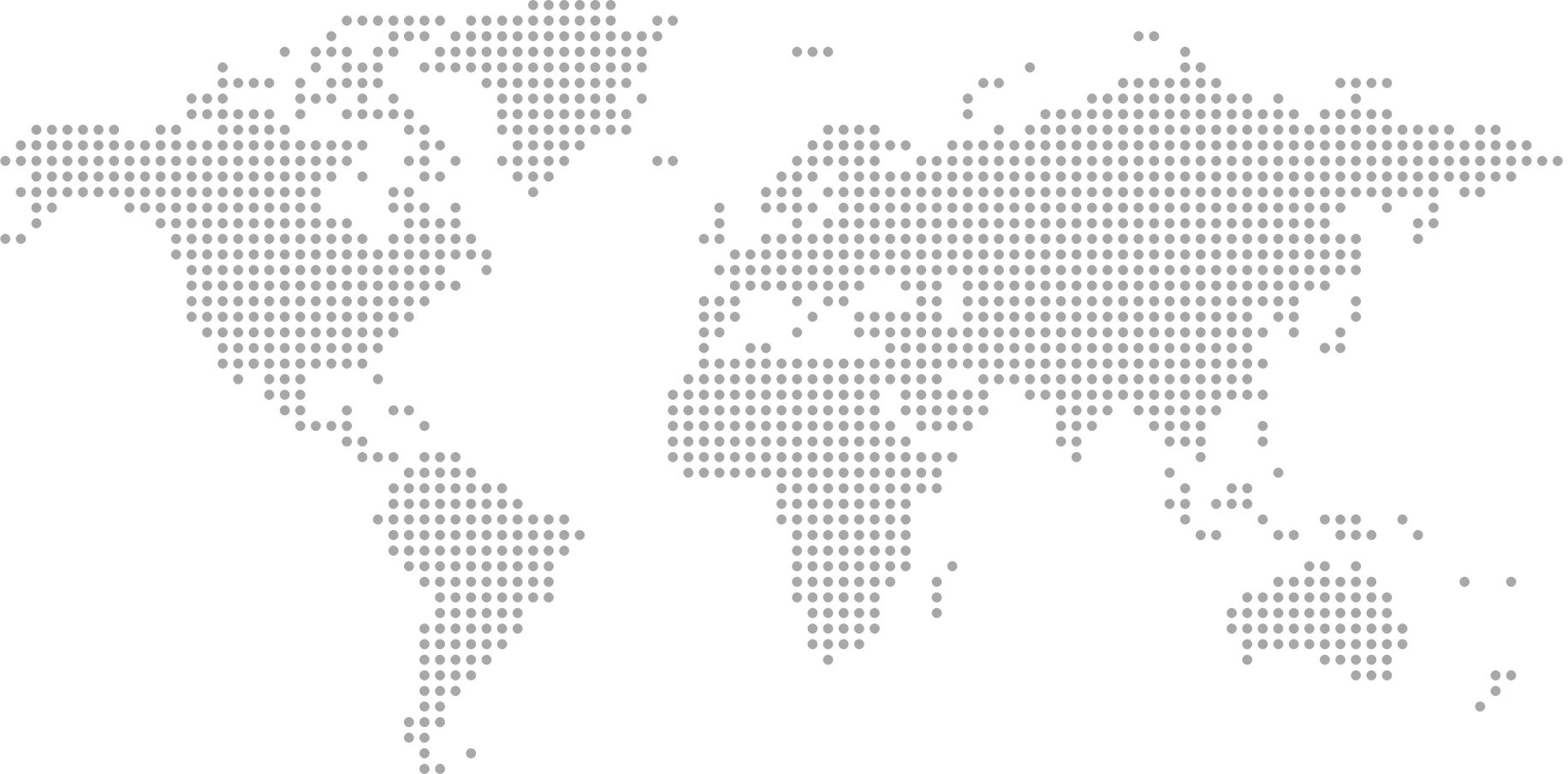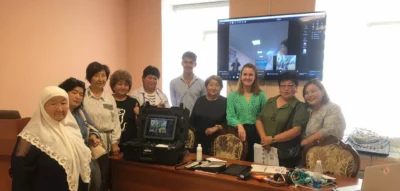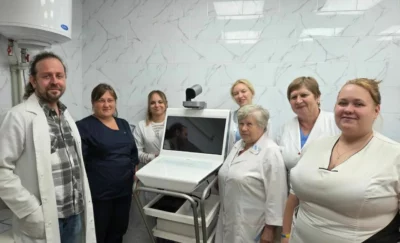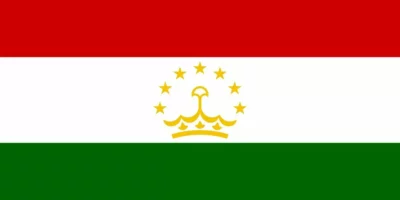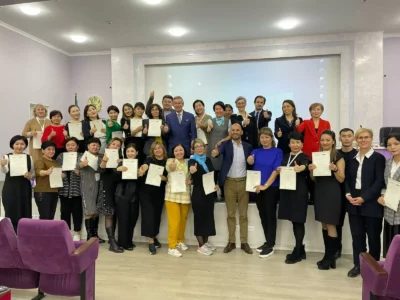Context & challenges
The district of Jeti-Oguz is characterized by major health challenges related to its geographical isolation and climatic constraints. The population, spread over remote villages, has only occasional access to care, with limited general practitioner consultations and the frequent absence of specialists. The local living conditions, marked by a rich diet and an altitude of more than 2000 meters, aggravate the prevalence of cardiovascular diseases. In addition, road infrastructure is often impassable, especially in winter, making travel to medical centres long, difficult and sometimes dangerous.


